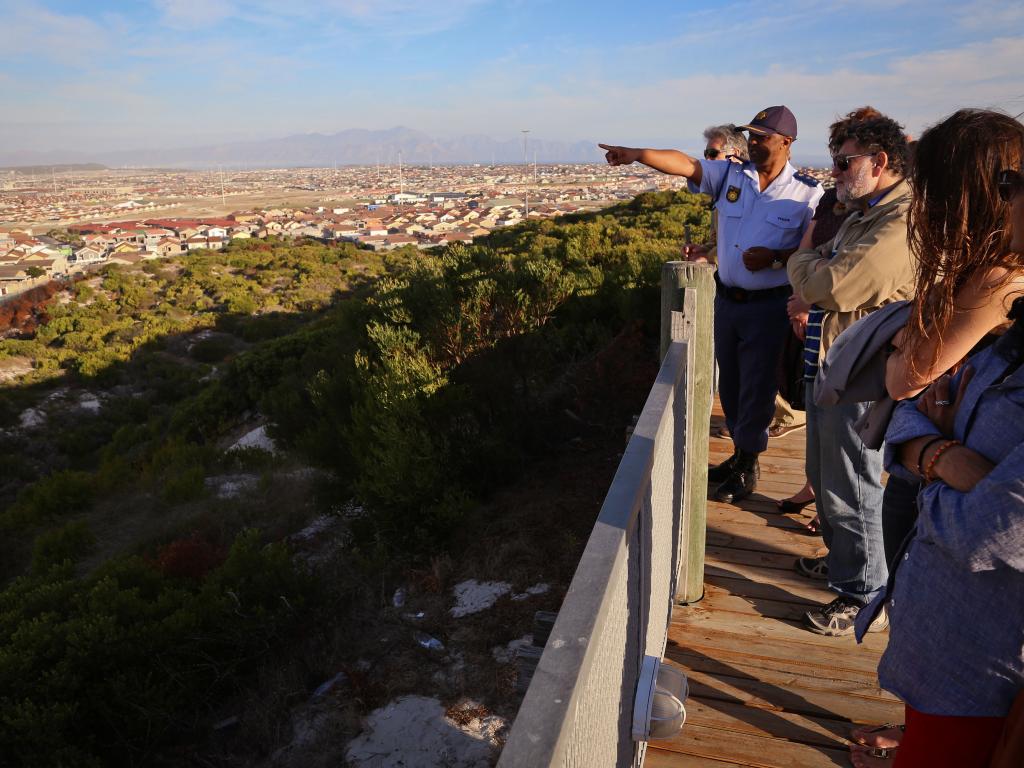UCT hosts UN expert group on city safety

Forty experts in urban safety – both practitioners and scholars – recently gathered at UCT’s Graduate School of Business to discuss a draft guide to ensure safer cities in a globalised world.
The result of research into 10 global cities faced by similar challenges, the Safer Cities in a Globalised World: A Guide for Policy Makers is a joint project between the United Nations Office on Drugs and Crime (UNODC) and the Centre of Criminology in the Faculty of Law.
In his remarks at the opening of the meeting to discuss the document, Jean-Luc Lemahieu, director of the policy analysis and public affairs division of UNODC in Vienna, Austria, sketched the context within which traditional policing, both locally and globally, has become ineffectual.
In his assessment poverty alone is not to blame for the “unease plaguing the world”. He points out that the number of people living in extreme poverty has declined by more than half, “falling from 1.9 billion in 1990 to 836 million in 2015”, while the numbers in the working middle class has almost tripled in the same period.
Inequality fuelled by corruption is at the base of local as well as global instability, he explained, adding that security challenges were further compounded by other risk factors like ethnic, religious and linguistic strife.
He expressed the hope that the guide would ultimately contribute “to meeting these challenges at the local level … in order to inform policy makers at all levels of government”.
Safety in developing cities
Professor Mark Shaw from the Centre of Criminology says their research found the threat to urban safety came from a combination of local and global conditions.
“Cities in developing countries in the context of limited resources … rely less on classic western models of crime prevention and increasingly on attempts to bridge social and structural divides. How local and national governments, business and civil society cooperate in these endeavours is critical to their success,” he concludes.
The cities investigated as part of this research are Cape Town, Lagos (Nigeria), Nairobi (Kenya), Karachi (Pakistan), Istanbul (Turkey), Medellín (Colombia), Mexico City (Mexico), São Paulo (Brazil), Kingston (Jamaica) and Manila (Philippines).
Story by Abigail Calata. Photo by Je’nine May.